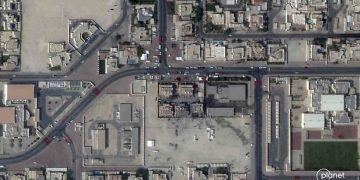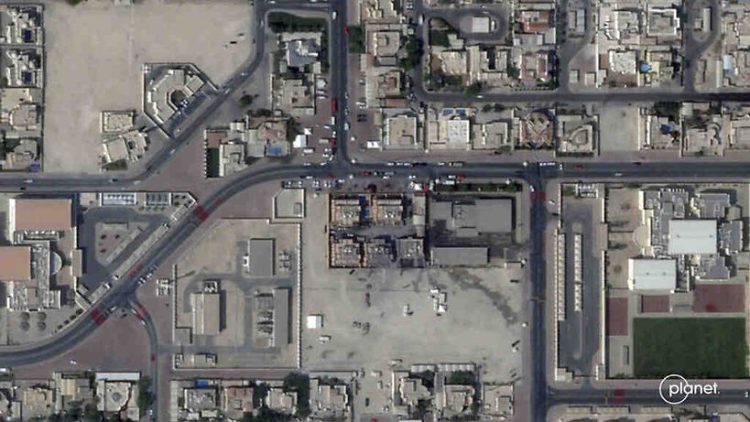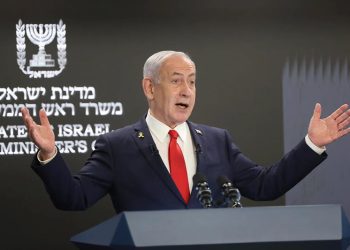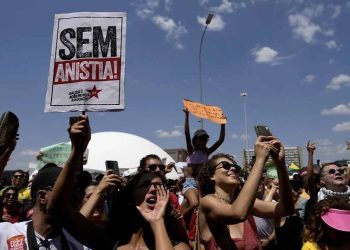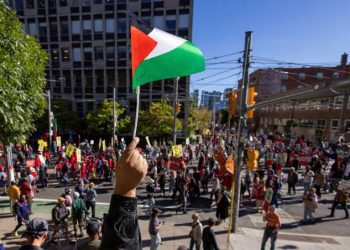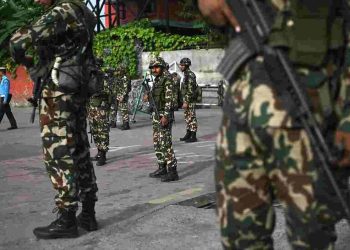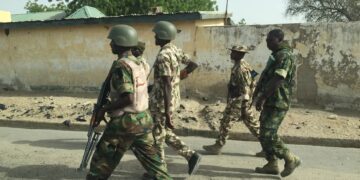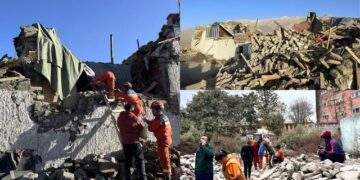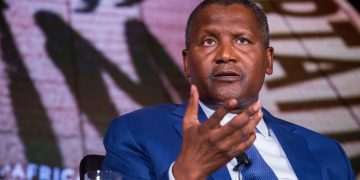Qatar’s prime minister has accused Israel of showing disregard for the hostages held in Gaza following a deadly strike in Doha this week that killed several Hamas members.
Speaking at an emergency United Nations Security Council session on Thursday, Sheikh Mohammed bin Abdulrahman Al Thani said Israel had crossed “all borders and limitations” by targeting Hamas officials in the Qatari capital while they were discussing a U.S. ceasefire proposal. The attack killed at least six people, including five Hamas members and a Qatari security officer, raising fears that fragile negotiations mediated by Qatar and Egypt could collapse.
“The extremists ruling Israel today do not care about the hostages otherwise, how do we justify the timing of this attack?” Sheikh Mohammed told the council. He later told CNN that Israeli Prime Minister Benjamin Netanyahu was directly responsible for destroying “any hope” for the captives’ release.
Israel’s Ambassador to the UN, Danny Danon, dismissed Qatar’s criticism, warning that history “will not be kind to accomplices.” He insisted that Doha must “condemn Hamas, expel Hamas, and bring Hamas to justice or Israel will.”
Global Outrage and Qatar’s Diplomatic Push
The strike in Doha drew rare unity at the Security Council, where all members except the United States laid blame on Israel. Pakistan’s envoy, Asim Iftikhar Ahmad, said the attack “proves Israel is bent on undermining every possibility of peace” and raises doubts about whether hostages were ever a true priority.
Acting U.S. Ambassador Dorothy Shea defended Israel, arguing it was wrong to question the country’s commitment to securing hostages. But she also acknowledged that the attack risked complicating mediation efforts.
UN political chief Rosemary DiCarlo said the strike “shocked the world” and marked “a new and perilous chapter” in the Gaza conflict, since it targeted leaders reportedly reviewing a U.S.-brokered ceasefire and hostage release plan.
Alongside its UN push, Qatar announced it will convene an Arab-Islamic summit in Doha next week to address the fallout.
Washington Balances Its Response
The Security Council issued a joint statement expressing “deep concern” and support for Qatar’s mediation role, though it avoided naming Israel directly.
U.S. President Donald Trump sought to balance ties with both Israel and Qatar, calling the attack “unhelpful” and saying it “did not advance Israel or America’s goals.” He added that the crisis “could serve as an opportunity for peace” if handled carefully.
Still, Washington has long relied on Qatar, which has hosted Hamas’ political leadership at U.S. request to keep negotiations alive. Shea reiterated that eliminating Hamas remained “a worthy goal” despite the backlash.
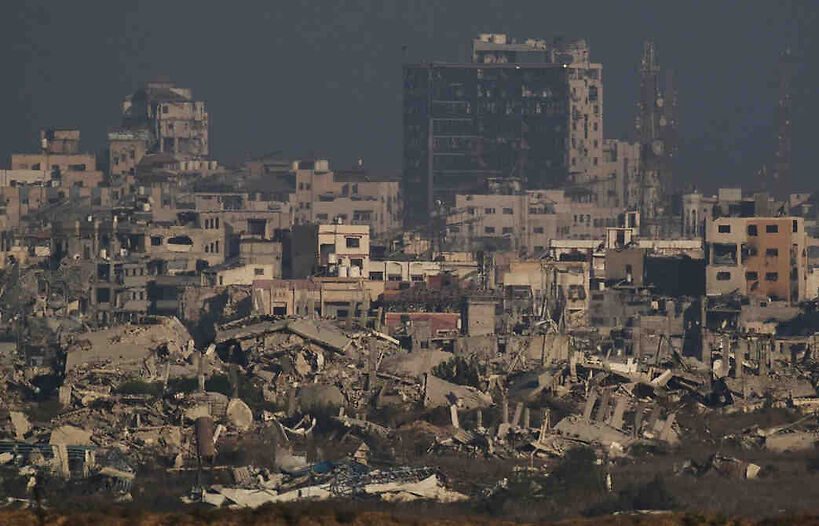
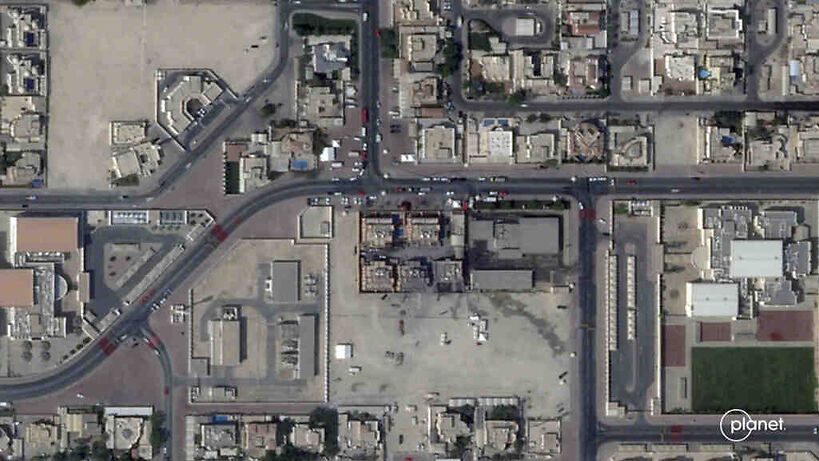
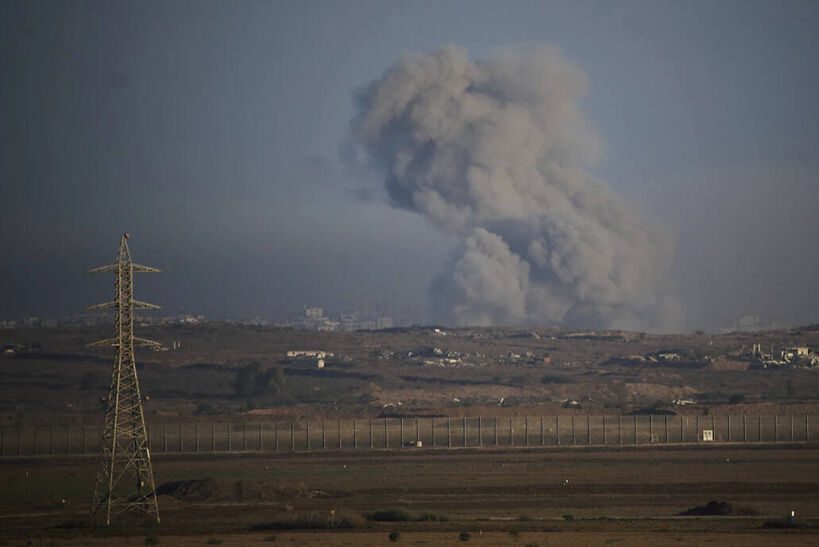
Hamas and Regional Fallout
Hamas claimed its senior leaders survived the Doha attack but confirmed the deaths of five lower-level members. Funerals were held Thursday, attended by Qatar’s emir, Sheikh Tamim bin Hamad Al Thani.
The UAE issued a stern warning that further Israeli “provocations” threatened Gulf security and could drag the region into deeper instability. It said aggression against any Gulf Cooperation Council (GCC) state would be treated as an attack on the bloc as a whole.
Meanwhile, Palestinians continued fleeing Gaza City in anticipation of a major Israeli offensive. The city, already devastated and facing famine, has seen worsening humanitarian conditions. Israel denies there is starvation in Gaza, accusing Hamas of misusing aid; a claim rejected by UN agencies, which blame Israeli restrictions and the ongoing offensive for blocking food deliveries.
